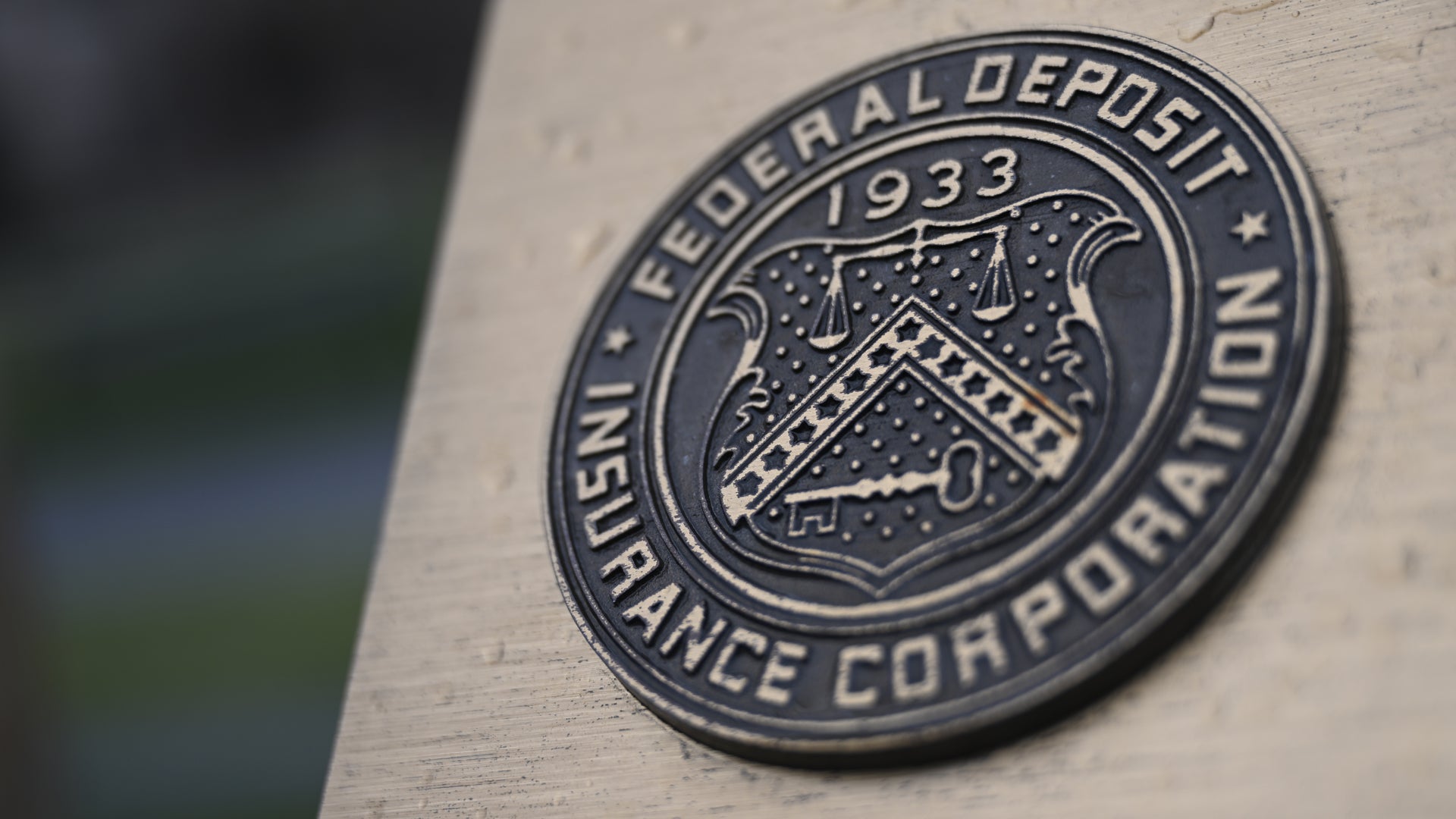OKCoin USA, Inc., a cryptocurrency exchange, has been called out by the US Federal Deposit Insurance Corporation (FDIC) for disseminating false and misleading information about its deposit insurance.
In a letter sent to OKCoin USA, Inc., the FDIC demanded immediate corrective action to address these misleading statements.
On the same day, the FDIC also sent letters to Bodega Importadora de Pallets and Money Avenue LLC, cautioning them about the potential harm their statements could cause to consumers.
FDIC Chairman Martin J. Gruenberg stated that the agency has noticed an uptick in the misuse of the FDIC’s name or logo, as well as false claims about deposit insurance, which can confuse individuals about the legitimacy of an insured institution and the protection offered by deposit insurance.
The FDIC pointed out that OKCoin and its senior executives have made repeated misleading statements. For instance, OKCoin claimed in a post that it possessed “FDIC insurance on OKCoin accounts” and stated on Twitter that one of its affiliated exchanges offered FDIC insurance.
In response, the FDIC issued a directive to OKCoin, ordering the removal of all statements implying FDIC insurance or endorsement of any specific blockchain.
The cryptocurrency exchange has been given a deadline of 15 business days to provide written confirmation to the FDIC that it has complied with these demands.
It is important to note that the FDIC only provides deposit insurance for deposits held at insured banks and savings associations, and not for deposits at cryptocurrency companies.
The maximum coverage offered by the FDIC is at least $250,000. In a fact sheet released in July 2022, the FDIC explicitly stated that deposit insurance does not apply to financial products like stocks, bonds, commodities, or cryptocurrencies.
The FDIC emphasized that apart from the potential harm to consumers, misinformation and confusion caused by misrepresentations about deposit insurance can also expose banks to legal risks if a cryptocurrency company or other third-party partner misrepresents the extent and nature of deposit insurance. The agency issued a related advisory last year to highlight these concerns.
Other Stories:
SEC addresses enforcement action against Binance and Coinbase
USDT suffers de-pegging concern after 3pool imbalance
BUSD plummets down stablecoin rankings




